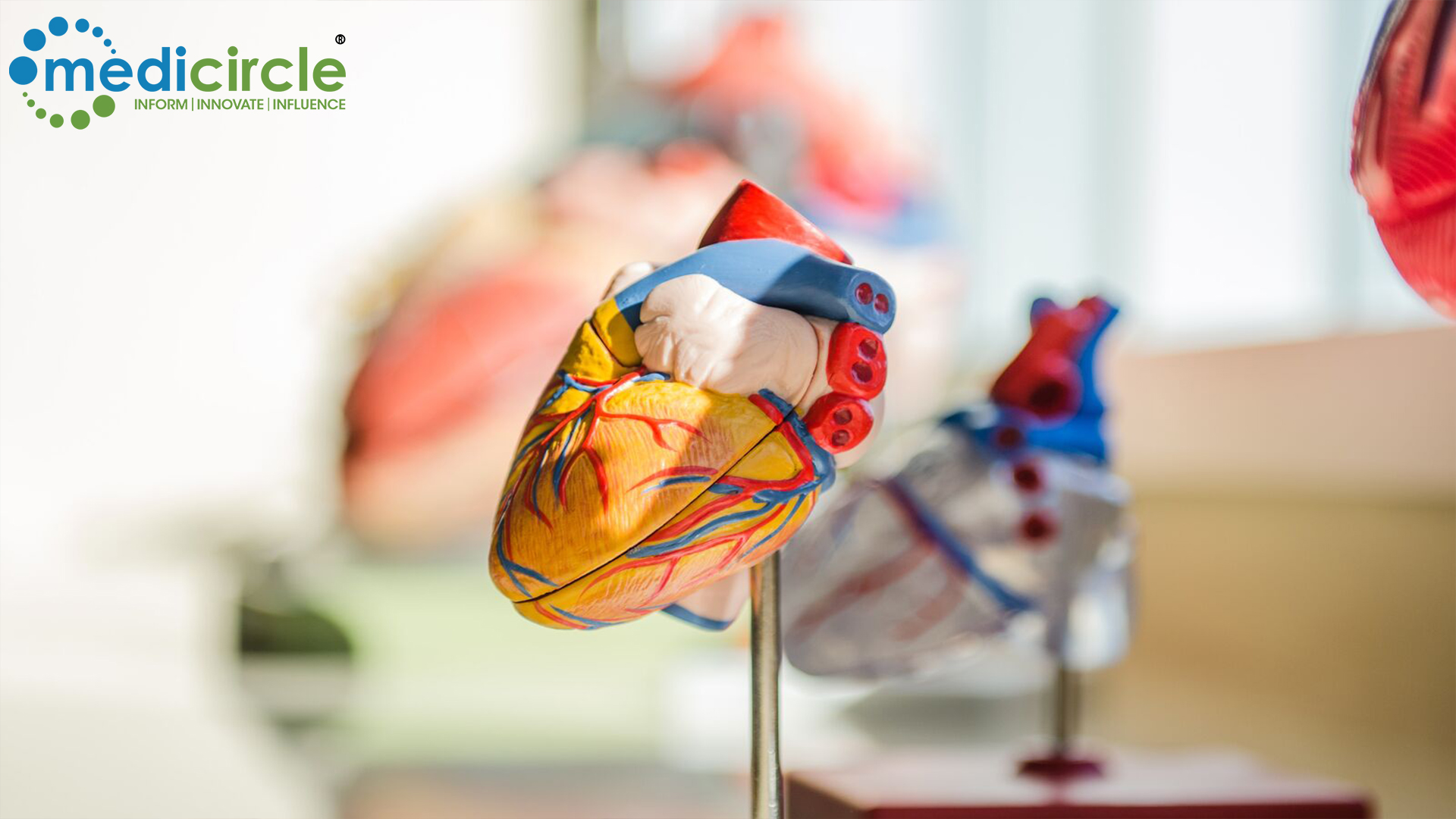In a significant breakthrough in cardiovascular medicine, researchers at the University of Galway, Ireland, have pioneered a unique method for guiding and conducting heart bypass surgery. This ground-breaking approach, introduced in the FAST TRACK CABG study, promises to revolutionize cardiac care by leveraging advanced imaging technology and artificial intelligence (AI) to enhance patient outcomes.
Traditionally, heart bypass surgery, also known as coronary artery bypass grafting (CABG), has involved invasive procedures such as angiograms, which require catheter insertion and dye visualizations to identify blockages in the coronary arteries. However, the FAST TRACK CABG study introduces a less invasive alternative, relying solely on non-invasive cardiac CT scan images enhanced by AI-powered blood flow analysis.
Led by the University’s CORRIB Research Centre for Advanced Imaging and Core Lab, the trial involved 114 patients with severe blockages in multiple vessels. Supported by funding from GE Healthcare and HeartFlow, Inc., the study aimed to evaluate the feasibility and safety of bypass surgery guided by high-resolution cardiovascular imagery and AI analysis.
Published in the European Heart Journal, the trial yielded promising results, demonstrating a remarkable 99.1% feasibility rate. This indicates that bypass surgery guided by non-invasive imaging and AI analysis is both feasible and safe, offering an innovative alternative to traditional invasive procedures.
Moreover, the outcomes of the trial were comparable to those of patients who underwent conventional angiogram investigations, highlighting the effectiveness of the new approach in identifying and addressing coronary artery blockages.
Commenting on the study’s findings, Prof. Patrick W. Serruys, the trial chairman, explained the potential of this less invasive approach to simplify surgical planning and enhance patient care. Dr. Yoshi Onuma, the medical director of CORRIB Research Centre, emphasized the significance of minimizing invasive procedures for patient comfort and healthcare cost reduction.
Dr. Onuma described the non-invasive approach as a “world first” in bypass surgery, suggesting that it could reshape the healthcare landscape by streamlining surgical workflows and improving patient outcomes. The innovative use of AI-powered analysis in cardiac care represents a significant advancement in the field, offering hope for enhanced treatment options and improved quality of life for patients with coronary artery disease.
Looking ahead, the research team plans to conduct large-scale randomized trials involving thousands of patients from multiple healthcare facilities across Europe. These trials aim to further validate the advantages of the non-invasive methodology and establish it as a standard of care in heart bypass surgery.
In conclusion, the FAST TRACK CABG study marks a milestone in cardiovascular medicine, leading the way for a new era of precision-guided bypass surgery. By using the power of advanced imaging technology and artificial intelligence, researchers have developed a ground-breaking approach that promises to transform cardiac care and improve patient outcomes worldwide.

 The FAST TRACK CABG study introduces a less invasive alternative, relying solely on non-invasive cardiac CT scan images enhanced by AI-powered blood flow analysis.
The FAST TRACK CABG study introduces a less invasive alternative, relying solely on non-invasive cardiac CT scan images enhanced by AI-powered blood flow analysis.










.jpeg)



.jpg)


.jpeg)
.jpeg)


.jpeg)
.jpg)





.jpeg)

